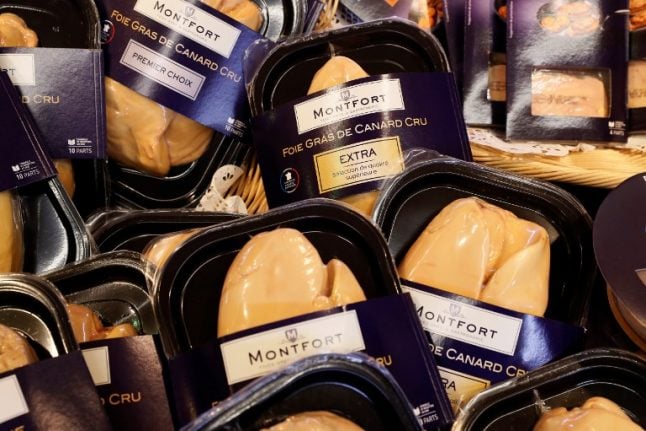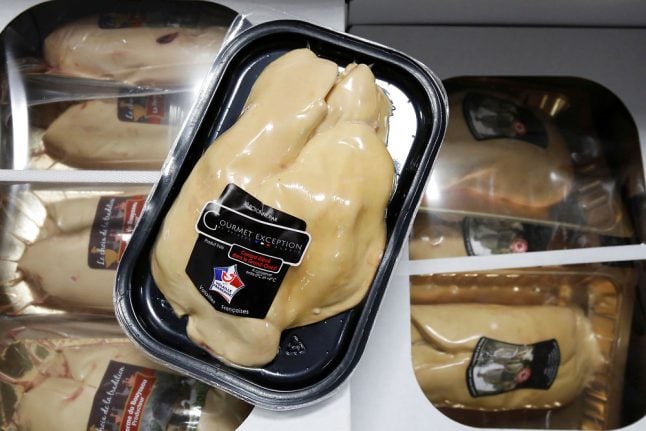The US Supreme Court upheld California's foie gras ban on Monday, ending a long legal battle between animal rights activists and defenders of the delicacy.
The highest US court rejected an appeal filed by foie gras producers against a law prohibiting the sale of products obtained from force-feeding geese or duck to enlarge their liver.
The law, passed in 2004 by California in the name of animal rights, carries a fine of $1,000.
It took effect in 2012, was suspended by the courts in 2015 — but then upheld on appeal in 2017.
Producers of foie gras from Canada and New York, along with a California restaurateur, then appealed to the Supreme Court in defense of this delicacy they called “perhaps the most maligned (and misunderstood) food in the world.”
French animal rights' group hope THIS shocking video puts you off foie gras forever

They argued that a state could not ban a federally authorized product.
They had support from France, which called California's law “an assault on French (gastronomic and cultural) tradition.”
The high court threw out the appeal with no explanation.
As such, California's law remains in effect.
“This victory for animals follows tireless efforts from animal rights activists to oppose the archaic foie gras industry,” the animal rights group PETA said.
“Now that California can enforce this ban, PETA urges diners to blow the whistle on any restaurant that's caught serving this illegal and hideously produced substance,” PETA president Ingrid Newkirk said in a statement.



 Please whitelist us to continue reading.
Please whitelist us to continue reading.
Member comments